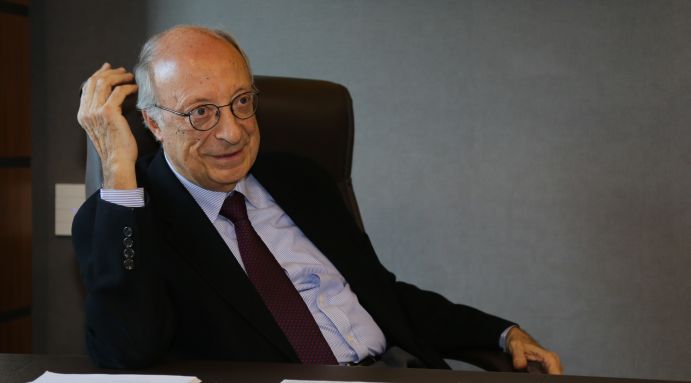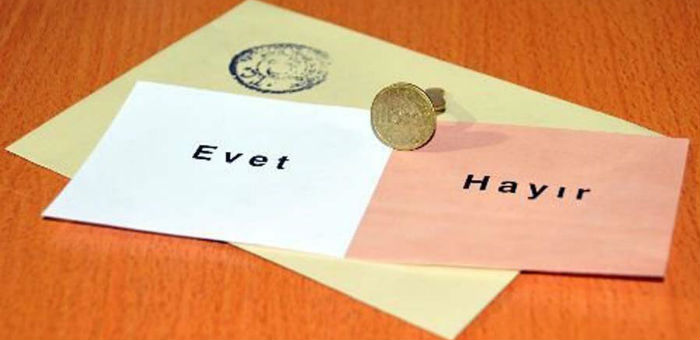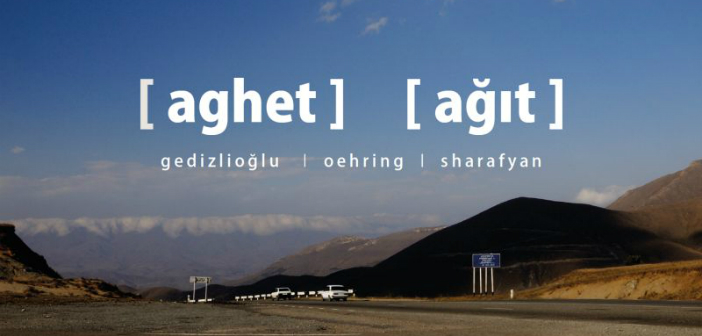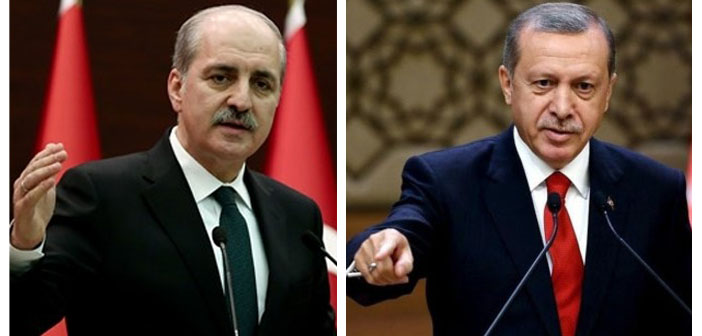Turkey is on the way to a “re-election” with a temporary parliament. Turkey, since June 7, has been experiencing many things for the first time. Some of these things are certain powers which are not practiced before, but the President Erdoğan has chosen to exercise. We talked to Izmir MP Ex-MP Rıza Türmen, who is one of the most competent people on the field of international law in Turkey and who worked as a judge at European Court of Human Rights, about this process that brought about debates on “civilian coup” and other issues related to this process.
What is the meaning of “civilian coup”, which is recently at issue?
As a country, we have immense experience on coups. During a coup, a new constitutional law is established, the parliament is annulled… And in the current situation, what is meant is this: violating the institutional law in this way is nevertheless a coup, though the military force isn’t one who does this. I am not sure if this analogy is accurate, but there is a plain fact: the President is acting against the constitutional law… He is doing two certain things. Firstly, there are exact norms in the constitution and he violates them; for instance, impartiality. There is a certain role of the president that is defined by the constitution. This holds for every country that is governed by parliamentary democracy. The president has a role that is supra-political parties and impartial; the president acts like a referee. After becoming the president, they cannot be a member of any political party. There are such provisions in our constitution too. The president takes an oath of impartiality. At the same time, the presidents have no responsibility and because of this, they don’t have power, because responsibility and power are interrelated. When you exercise power, you have to render an account of your power. Thus, if you have no responsibility, then you have no power. Now, our president doesn’t obey these provisions. The role that he casted for himself is really different than the one that is defined by the constitution. He acts like a party leader who defends the interests of his party and wishes his party to come to power alone, instead of being a supra-political parties president that provides balance. This is an obvious violation of the constitution.
What is the other action that violates the constitution?
According to the constitution, the president has power of discretion on many issues. And when the presidents exercise this power, they have to act in accordance with the democratic customs as an impartial referee. However, Erdoğan doesn’t act in accordance with the democratic customs. For instance, after the party that was voted the most couldn’t have formed a government, he should have assigned the second party for this task. Though the president has a power of discretion on this point, this is the way how this power of discretion is exercised in Turkey and in the world so far. Another example is this: He had to assign the task of forming a government right after the election is done, but he didn’t do this and said that he will wait until the Bureau of the Assembly is formed. These are the matters that are referred by the notion of coup.
What do you think about the “actual state” expression that Erdoğan uses?
The president said that there is an actual state. This indicates that he thinks that his position is inconsistent with the constitutional law. He cuts his own throat by denying his legitimacy. He hasn’t said anything like that again anyway. He said it once in Rize and then probably people advised him not to use this expression again, but he said that “the system has changed”. However, the system hasn’t changed. Changing the way to elect president doesn’t mean that the power and the position of the president have also changed. When the 1982 constitutional law was being prepared, the ones who staged the coup didn’t want to give up the power of controlling the parliament. So, Kenan Evren, who was the president in that period, was entitled with some powers that have no place in any parliamentary democracy and no president should have. The most important one is of course the power to preside over the cabinet. In democratic countries, this power can only be exercised in urgent situations, like in a state of emergency or during martial rule. To this day, all presidents used this power very thoughtfully, but now, we understand that the current president is determined to exercise this power more effectively. He wishes to rule the country. And this is the main point. He shows a tendency to authoritarianism.
And now, issues like power to declare a state of emergency and to pass decrees having force of law are debated. What do you think about that?
State of emergency can only be declared by a decree of the cabinet anyway. In such cases, the president and the cabinet unite and form a single organ. And the president begins to exercise the power of passing decrees having force of law by benefiting from this situation. This amounts to pushing the democracy aside. It should be reminded that the decrees having force of law are not subjected to legal regulation. The president has an instrument in his power by which he can rule the country as he wishes. Using this power amounts to be a dictator. This is a danger that Turkey might suffer in the future. It is possible to make such a decision using the conflicts in the southeastern region as an excuse. There is already a situation called “private safety zone”; this has no place in constitution and by this, the rights and freedoms are suspended. You cannot do this if you don’t have a legal ground.
It is also said that AKP tries to prevent HDP from passing the election threshold. Do you think that AKP might use these aforementioned powers as a political maneuver to reach their goal?
Frankly, they might go all lengths. According to the president, the election result was a mistake and it should be made right, meaning: once again, AKP should come to power alone. They want a “re-election” and this indicates that they hope that the result will be different this time. The current situation, ongoing chaos, economic disruption, and death of all these people… these are not good for AKP. They must have thought different political maneuvers to benefit from a “re-election.” I don’t know what these maneuvers are, but I am sure that they will try something.
MHP made a call for martial rule. They also declared that they won’t participate in the temporary parliament. What is the purpose of MHP?
Only thing that MHP suggests regarding the Kurdish question is violence… In this case, martial law would serve MHP’s purposes, because in this way, certain exceptional powers will be exercised by the military force, not by the president. Freedoms will be suspended. An oppressive regime will emerge. This is an approach that is convenient for MHP…
CHP made the same decision. Why?
To be honest, I haven’t quite understood why CHP didn’t participate in the temporary parliament. They came together to negotiate for forming a coalition. It is not clear what AKP did during this process. I think that being a part of the parliament is a better option. Controlling AKP and balancing their power would have been the wiser approach.
There will be a temporary parliament until the election, but do you think that the characteristics of the parliament might change depending on the developments in the country? Is it possible?
This temporary parliament will be in charge until the new parliament is formed. This kind of a parliament is formed conditionally. It should be noted that there won’t be a vote of confidence. These are determined by the law. It would be very controversial, if this parliament becomes permanent. However, if it happens, I can say that another actual state would emerge, since Turkey is governed with actual states now.





